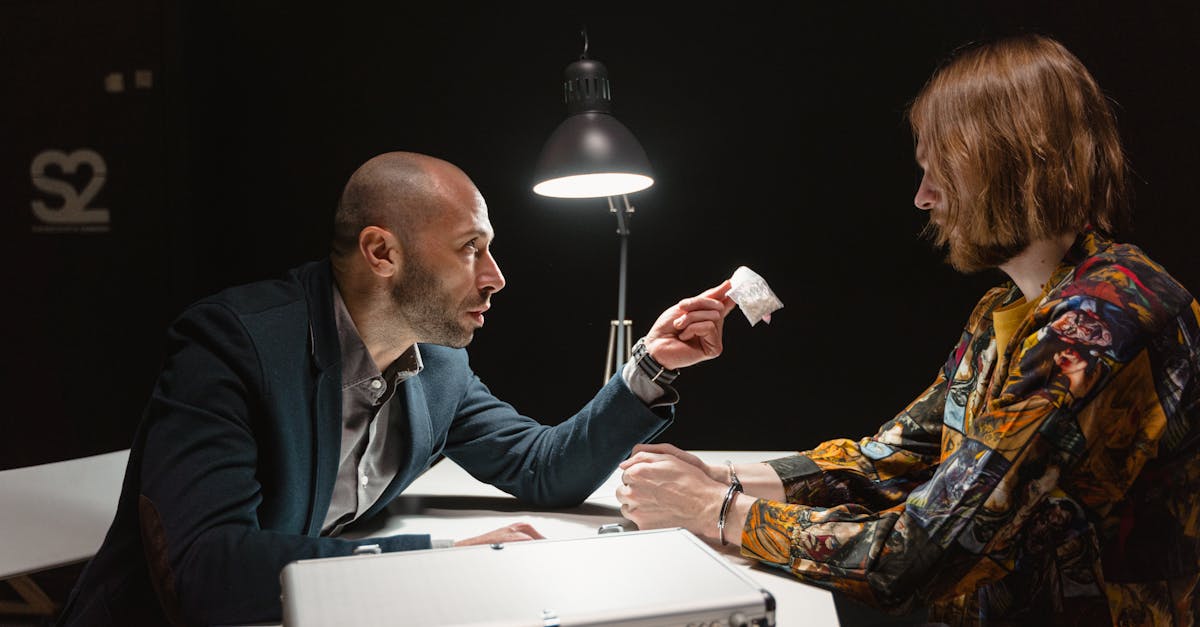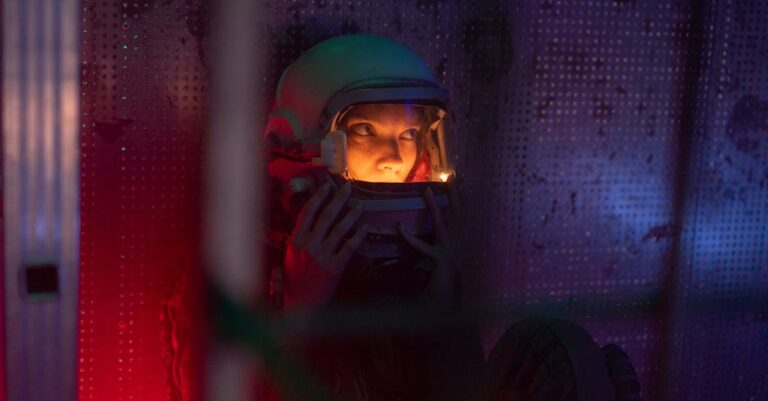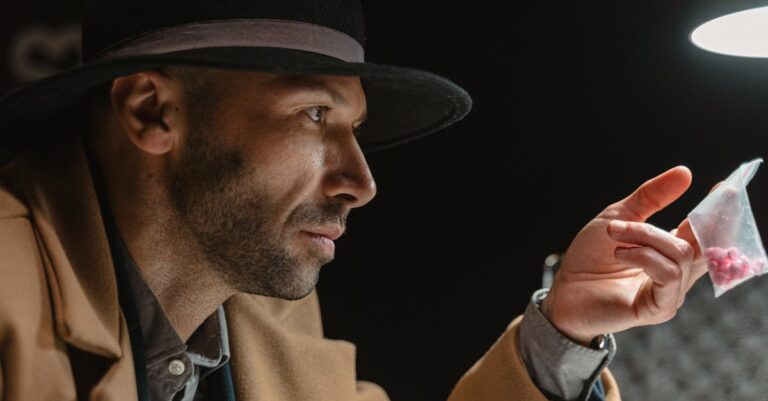
The air in the sublevel bunker tasted like rust and static, a metallic tang that clung to the back of Dr. Elara Voss’s throat. She adjusted her gloves, the latex creaking as she stepped into the observation chamber. The subject—Project Lumen—hovered in the center of the containment unit, a shifting mass of translucent filaments that pulsed with a faint cerulean light. It had no discernible form, no edges, just a continuous unraveling and reweaving of itself, like liquid glass spun from starlight.
“It’s still stable,” said Kael, her lead technician, his voice tight. He stood at the terminal, fingers flying over the keyboard. “But the readings are… inconsistent. Like it’s adapting to us.” His reflection in the glass pane above the containment unit looked older than he was, his face etched with shadows from the flickering lights.
Elara didn’t answer. She couldn’t. The thing in the chamber wasn’t just alive—it was *aware*. She could feel it, a low vibration in her skull, like a whisper just beyond hearing. It had been six weeks since they’d brought it online, and every day, the experiments grew more… peculiar. The subject didn’t react to stimuli the way anything else did. It didn’t respond to sound or temperature or even the electromagnetic pulses they’d tested. It simply *watched*.
“You’re sure this is safe?” asked Mira, the team’s biochemist, her boots scuffing the floor as she approached. Her lab coat hung loose on her thin frame, and her eyes were hollow from sleepless nights. “It’s not just the data, Elara. It’s the *feel* of it. Like it’s… learning us.” She gestured to the containment unit. “I’ve never seen anything like this. It’s not a creature. It’s a question.”
Elara exhaled, her breath fogging the glass. “We don’t know what it is. But we’re close.”
The subject shifted again, its filaments stretching and contracting in a slow, deliberate rhythm. Elara’s pulse quickened. She’d seen this pattern before—on the schematics they’d recovered from the abandoned facility in Nevada, the one that had been sealed off after a series of disappearances. The symbols had been ancient, carved into stone tablets that no one could decipher. But the subject? It was *echoing* them.
“What if it’s not a question?” Mira murmured. “What if it’s an answer?”
The room went silent. Even Kael stopped typing. The containment unit’s light dimmed, then flared, casting long shadows across the walls. Elara felt a tug at the edges of her mind, like a thread unraveling. She shook her head, trying to focus. “We need more data. Let’s run the next phase.”
Kael hesitated. “You know what happened last time.”
“We’ll be careful,” Elara said, though she wasn’t sure if she believed it.
The experiment began with a low hum, the containment unit’s systems engaging in a cascade of beeps and lights. The subject reacted immediately, its filaments coiling into a spiral that spiraled upward, then collapsed inward. Elara’s vision blurred for a moment, her head throbbing. She gripped the railing, her nails digging into the metal.
“Elara!” Mira’s voice was sharp, urgent. “You’re not supposed to be in here!”
“I’m fine,” Elara lied. The pain was fading, replaced by a strange clarity. She could *see* the patterns now, the way the filaments moved in response to her thoughts. It wasn’t just reacting—it was *responding*.
Kael’s voice cut through the haze. “The readings are off the charts. It’s not just adapting. It’s *learning* from us.”
“Then we’re on the edge of something big,” Elara said, her voice steady despite the chaos in her mind. “We just have to keep going.”
But as the subject continued its slow, deliberate movements, Elara couldn’t shake the feeling that they were no longer the ones in control. That they were the ones being studied, their curiosity a trap they’d walked into willingly.
The next day, the lab was quiet. Too quiet. Elara found Kael in the storage room, his face pale, his hands shaking as he poured himself a cup of coffee that had gone cold hours ago. “It’s not just the data,” he said without looking up. “It’s the *feel* of it. Like it’s… learning us.”
“I know,” Elara said, though she wasn’t sure if she did.
The subject had changed. Its filaments were darker now, more defined, as if it had absorbed something from them. And the whispers in her mind had grown louder, clearer. They weren’t just questions anymore. They were *answers*.
“We need to shut it down,” Mira said, her voice trembling. “Before it’s too late.”
“We can’t,” Elara said, though the words felt like a lie. “We’re so close.”
The next experiment was different. The subject didn’t react to the stimuli the way it had before. It didn’t coil or spiral. It just *waited*. And then, slowly, it began to form something—a shape, a figure, but not one they recognized. It was fluid, shifting between forms, as if it were trying to communicate.
“It’s trying to show us something,” Mira said, her voice barely above a whisper. “But what?”
Elara stepped closer to the containment unit, her heart pounding. The figure was becoming clearer now, its features indistinct but undeniably human. And then it *moved*. Not the subject, but the figure itself. It stepped out of the filaments, into the lab, and stood in front of them.
“Who are you?” Elara asked, her voice steady despite the terror clawing at her chest.
The figure didn’t answer. It just looked at them, its eyes filled with something that wasn’t quite human. And then, slowly, it raised a hand and pointed at Elara.
The lab went dark.
When the lights came back on, the subject was gone. The containment unit was empty, its filaments scattered like dust. And the figure—whatever it had been—was gone too.
Kael was the first to speak. “What the hell just happened?”
Elara didn’t know. But she could feel it now, the weight of the answer pressing against her mind. They hadn’t just discovered something. They’d been *found*. And whatever it was, it wasn’t done with them yet.
The next morning, Elara stood in the observation chamber, staring at the empty containment unit. The air still tasted like rust and static, but there was something else now—a faint, metallic sweetness, like the memory of something long gone. She wondered if they’d ever understand what they’d unleashed.
But curiosity, she thought, was a dangerous thing. And sometimes, the answers were worse than the questions.
The end.


